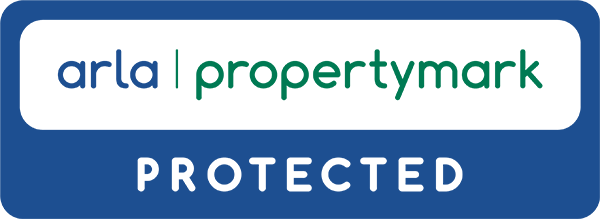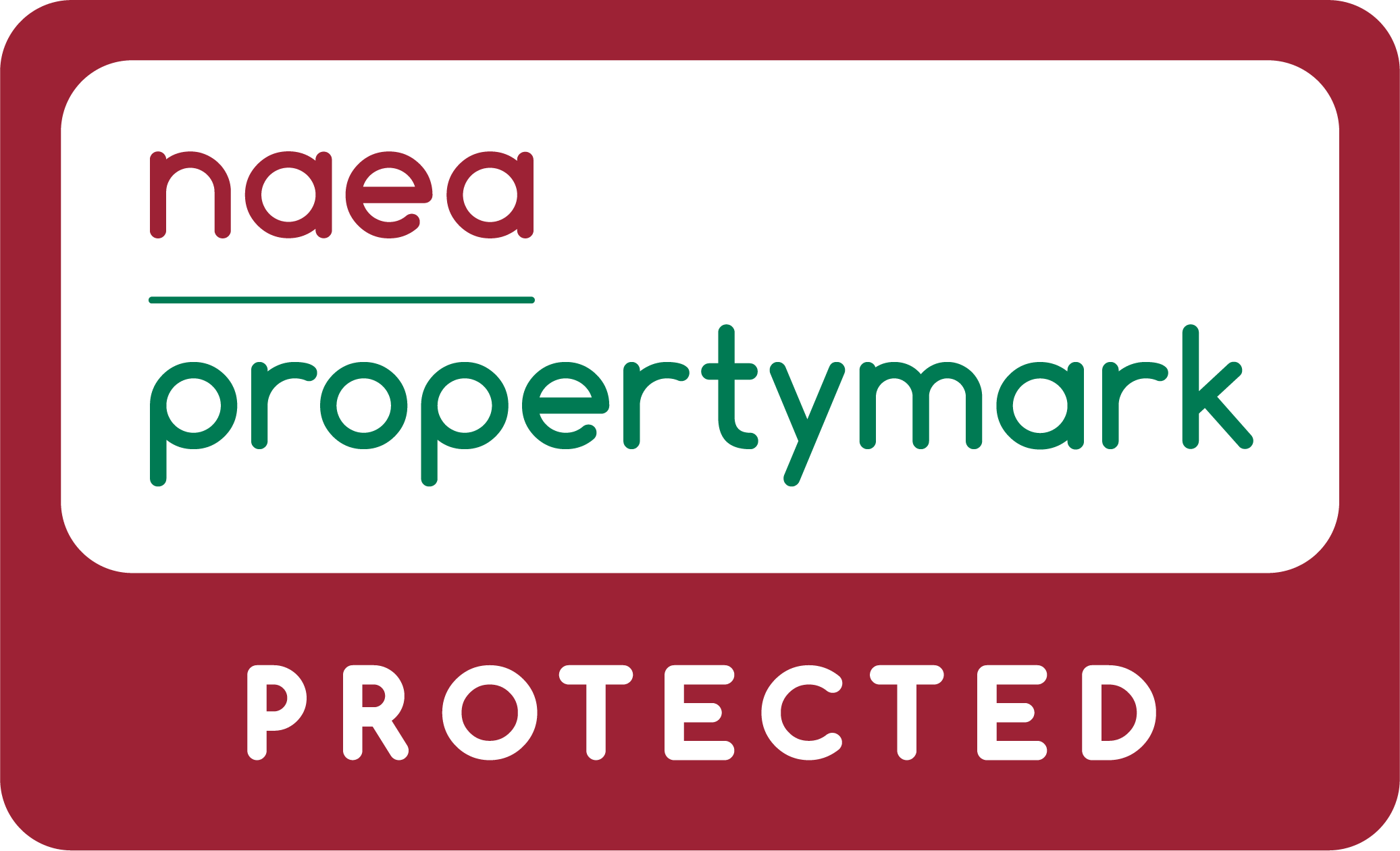Landlords National Insurance:
Could rental profits soon be taxed?
The government is once again eyeing the private rental sector for new revenue streams—this time through the possibility of applying National Insurance contributions (NICs) to landlords’ rental profits.
According to a leak reported by The Times, such a measure could raise an estimated £2 billion for the Treasury. While nothing is confirmed yet, the suggestion alone has sparked concern among landlords already managing rising costs, tax restrictions, and shifting regulations.
So, what exactly is being proposed, and what could it mean for landlords? Let’s take a closer look.
What Is National Insurance?
National Insurance is a tax paid on earned income by people aged 16 up to state pension age. It funds a range of state benefits, including the NHS, unemployment support, and pensions.
Currently, it applies to:
- Employees earning over £242 a week
- Self-employed individuals with annual profits above £12,570
The rates are:
- 8% on employed income
- 6% on self-employed profits
- 2% on income above £50,270
Up to now, rental income has not been classified as “earned income”—which is why landlords haven’t been liable to pay National Insurance on it. Instead, rental profits have only been subject to income tax (with some costs and charges still deductible).
Why Landlords National Insurance is being considered
The reported leak suggests that the government is exploring ways to increase tax receipts without directly raising income tax or VAT. With the Treasury under pressure to fund public services, landlords have once again been identified as a potential source of additional revenue.
National Insurance on rental income would represent a major shift in how property investment is taxed. For many landlords, it could mean a double blow:
- Paying income tax on rental profits (as they already do)
- Paying NICs on the same profits if the rules change
For the government, the appeal is obvious—The Times estimates the measure could deliver around £2 billion annually.
How would this impact Landlords?
If National Insurance were introduced on rental profits, the implications could be significant:
- Reduced Take-Home Profits: Landlords would face a new layer of taxation, reducing net returns.
- Pressure on Smaller Landlords: Those with modest portfolios could find it harder to sustain profitability.
- Knock-On Effect on Tenants: Additional costs might be passed on through higher rents, worsening affordability in an already strained rental market.
- Increased Disincentive to Invest: After years of changes—from the removal of full mortgage interest relief to higher stamp duty on second homes—another tax could discourage new landlords from entering the sector.
This move would also raise questions about fairness. Traditionally, National Insurance is tied to work—yet Prime Minister Sir Keir Starmer has previously stated that landlords are not included in his definition of “working people.” That makes the idea of imposing NICs on landlords’ income politically sensitive.
Another chapter in the “Landlord Tax Squeeze”
The potential for landlords national insurance is only the latest in a series of tax threats floated this summer. Other proposals include:
- Stamp Duty Reform – adjusting rates for second homes and investment properties
- Capital Gains Tax on Main Residences – a controversial idea that could affect homeowners, not just investors
While not all of these proposals may appear in the autumn Budget, the fact that they are being discussed at all shows that the property sector remains firmly in the government’s sights.
What should landlords do next?
For now, this remains speculation. No formal policy has been announced, and leaks do not always translate into legislation. However, landlords would be wise to:
- Monitor the Autumn Budget closely for any mention of NICs on rental profits
- Review property finances to assess how additional taxation could impact profitability
- Seek advice from tax specialists to explore options for structuring income more efficiently
- Stay engaged with landlord associations who lobby government and provide updates on policy developments
Landlords national insurance: Industry reaction
Chief executive of the National Residential Landlords Association, Ben Beadle, said "Further punitive tax hikes on the rental sector will lead only to rents going up, hitting the very households the Government wants to protect. It would come on top of last year’s increase to stamp duty on homes purchased to rent and proposals expecting landlords to pay up to £15,000 on energy efficiency improvements to properties."
Reshaping the economics of buy-to-let
Whether or not landlords national insurance becomes reality, the direction of travel is clear: the government continues to view property income as a potential revenue source. For landlords, that means greater uncertainty and the need for careful planning.
If National Insurance on rental profits is introduced, it would mark one of the most significant changes to landlord taxation in years—reshaping the economics of buy-to-let and potentially impacting tenants too.
The coming months will be crucial. Until then, landlords can only prepare for different scenarios, stay informed, and make sure their investments are as resilient as possible in the face of ongoing change.
If you have any questions or need help with your property portfolio, don’t hesitate to contact our experienced and trained property experts on 0161 511 5339 or complete our contact form.






